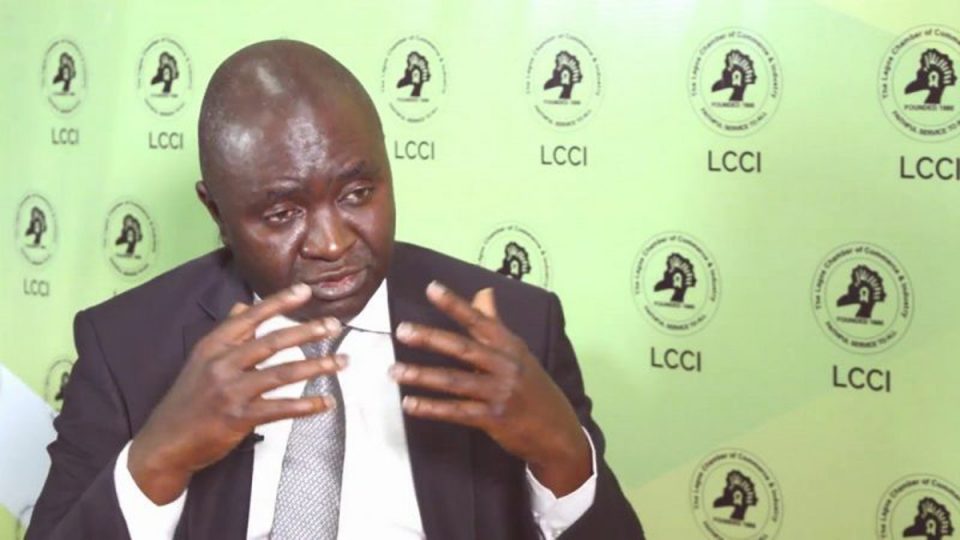The Lagos Chamber of Commerce and Industry(LCCI),has urged the National Assembly to put in place a law that will promote a more effective and efficient governance, administration, host community development and fiscal framework for the petroleum industry.
Director-General of the chamber, Muda Yusuf said a competitive bill would help preserve the integrity of the existing projects, whilst also encourage future growth of production and make Nigeria an investment destination of choice.
He noted the improvements the current bill has brought to the sector,but regretted the development appears insufficient to deliver the true value to Nigeria, which the bill aims to achieve.
He added that some provisions in the bill could adversely affect the growth of the industry and the overall economy.
According to him,there are several issues threatening existing projects which the Bill does not resolve:
He said while the PIB enables companies to elect to either convert to the PIB or remain on existing terms, it does not provide clear assurances that projects whose leases will be renewed in the coming years will be able to retain the rights and benefits they have earned since the start of their operations.
He added that the PIB provisions expects lease holders to relinquish (upon conversion or renewal) lease areas and zones, thereby potentially jeopardizing future exploration/development and long-term contractual gas supply obligations.
He said: “To ensure the stability of projects, Operators should be able to maintain the structure of gas contracts and pricing agreed between parties prior to PIB becoming law. The Bill should clarify acreage relinquishment requirements upon conversion.
He disclosed that the deepwater provisions in the PIB do not provide a favourable environment for future investments and initiation of new projects.
“To ensure investors are encouraged to finance Deepwater projects, the PIB should grant new Deepwater oil projects a full royalty relief during the first 5 years of production and should remove Hydrocarbon Tax since companies will still be subject to Company Income Tax. Deepwater non-associated gas resource development is particularly challenging and requires targeted measures to get projects off the ground.
“A full royalty relief during the first 5 years of production and a 1% royalty for natural gas, natural gas liquids as well as the condensate/ liquids from such development would encourage investment in deepwater gas projects.
He said the PIB currently prohibits deductions of Capital Allowance pre-production for Hydrocarbon Tax (HT) purposes, which is not consistent under Companies Income Tax (CIT) provisions.
“The PIB should seek to harmonize tax practices and ensure capital allowance and allowable deductions are consistent with existing tax legislations, Companies Income Tax Act (CITA). Indeed, deductions of Capital Allowance for assets under construction for HT should have the same treatment as under CITA for all terrains and deductions for HT should follow WREN (Wholly Reasonably Exclusively Necessary) practices. Lastly, since royalties are not cost incurred by a company in the course of its operations, they should be explicitly excluded in the cost calculation of the cost price ratio”
The Petroleum Industry Bill, he noted, prohibits export gas, without exemptions, until Domestic gas obligation is met, thereby creating the potential for breach of existing long-term contractual supply obligations.
He said in order to ensure companies do not end up in breach of contract, the PIB should include an exemption for existing export gas supply contracts and obligations.
“The PIB significantly increases the administrative burden of compliance (e.g., dual tax system, multiple terrains, and deconsolidated tax filings). The Bill should seek to simplify the administrative burden of compliance, minimising ambiguity and the extent of overlapping regulation. This would lead to fewer disputes and avoid increasing the cost of doing business in Nigeria. This can be done by further clarifying the conversion process, setting out a clear process for dispute resolution between operators and the Commission or Authority, and clarifying which regulator will be responsible for integrated operations”.
“The PIB should seek to protect existing investments from value erosion. The assets and operations from these investments are the foundation upon which new projects can be built. It is therefore crucial that projects already underway be able to maintain the conditions under which they were designed and approved. Doing so will incentivise the launch of new projects, grow production and revenue for government and stakeholders, thereby guaranteeing long term sustainability of our oil and gas industry”




